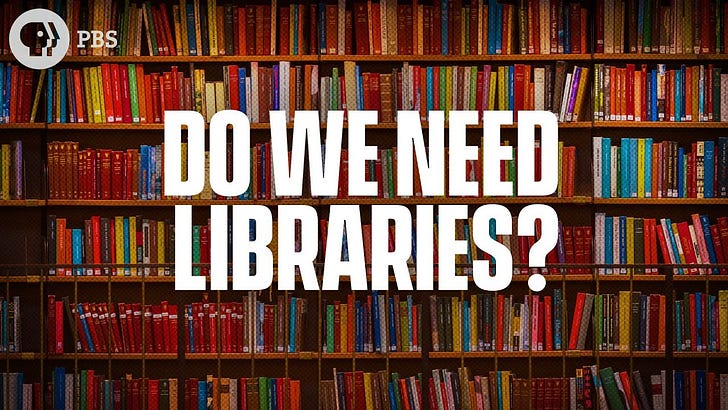Libraries, archives, and genealogy
This newsletter's topics range from job searching to digital archival projects
Hello all,
There are a number of wonderful articles I’d like to share with you all this week. I’m still debating if to do another chat on Twitter in the future, but if I do, I’ll let all of you know so you can participate if you so choose.
Kerri Milliken gives suggestions on how to do job searching in the library field using social media. A very helpful and interesting article!
Alex Cox writes on Find My Past, of all places, about the history of those of African descent in British records. Although this article is from a few years ago, it is still relevant today!
Unwritten Histories interviews Carly Ciufo, a doctoral candidate at McMaster University in Hamilton, Ontario, Canada, who interestingly notes that “I’m rarely hidden in an archive, I can tell you that much” and notes that the main sources for her “dissertation research are multimedia outlets, built exhibits, and oral histories,” interestingly.
Kerri Milliken writes about how to navigate workplace culture, especially during the time you are job searching. A very helpful article!
A story about how a history student uncovered a former burial site for enslaved peoples, planning to share these findings with their descendants! I wish there was more to this story, but this is still a story that warms your heart.
A post about the importance of baby books when it comes to family history. They don’t exist for every family, but they can be valuable resources.
Legacy Tree Genealogists put forward the necessary research steps required to prove a family legend. Although, family legends are not always true, so perhaps they should frame it as more of an open investigation rather than setting yourself on the idea you will “prove” the legend to be true.
Dick Eastman writes about a new project being launched by the Tennessee State Library & Archives about the Revolutionary War era. Digital humanities are at the forefront again, while archives are effectively using their resources to make their records publicly available in a digital form.
Roberta Estes writes about how someone can identify unknown parents or other individuals using DNA matching. This connects, of course, to my recent #DNAChat and other discussions about the role of DNA.
Conrrado writes about the creation of makerspaces in library settings, providing various resources on the topic.
- Burkely


